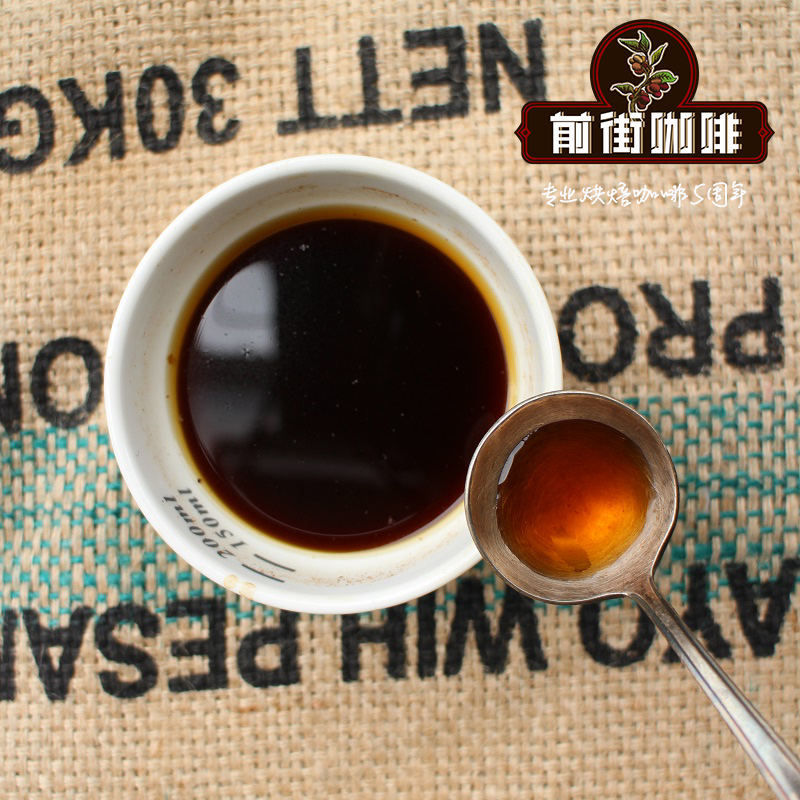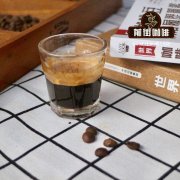Is Sulawesi Coffee good? flavor characteristics of Sulawesi Coffee, a famous coffee brand in Indonesia

Professional coffee knowledge exchange more coffee bean information please follow the coffee workshop (Wechat official account cafe_style)
Sulawesi (Siribes) was deeply influenced by Dutch rule from 1605 to World War II; the Dutch East India Company controlled the trade of Sulawesi in 1669; in the mid-1600s, the Dutch built Fort Rotterdam in Urong Pandang (now known as Wangkassi), and it was not until 1905 that the whole island was completely conquered and included in Dutch East India In the 1700s, the East India Company controlled all coffee production in Indonesia and introduced Arabica coffee (Tibica seed) to Sulawesi in 1750.
It takes a while to travel from Minneapolis to Tanatolaya in Sulawesi, Minneapolis-Tokyo-Singapore-Jakarta-Wangkasek, and then an eight-hour drive north to Rantepao in Tanatolaya, which is simply the most beautiful place in the world, full of green, rice paddies, a tranquil atmosphere, and traditional high-footed boat houses (Tongkonan Houses) everywhere. The house is engraved with special Toraya patterns as decoration.
Indonesian coffee has traditionally been treated with raw beans by wet grinding (Giling-Basah), or wet plucking, as in Sumatra; Toya, a Japanese-Indonesian joint venture, introduced the traditional Central American washing method to Sulawesi in 1976.
Pedamaran Farm, owned by Toacco, which is located at 900-1250 meters above sea level, buys raw beans (about 40% humidity) from small coffee farmers, who usually grow coffee at 1200-1800m above sea level. After the raw beans are quickly sent to the Pedamaran farm, the processing plants on the farm are placed in an elevated bed to dry. If coffee farmers want to sell their raw beans to Toako, they must provide proof of raw bean grade, including details of selective harvesting, storage, transportation, humidity, etc.; coffee farmers need to apply for coffee identity cards to sell coffee on weekly market days in the Tanatolaya area. This batch of coffee is planted at a higher altitude.
Most of the coffee in Tanatolaya is S795, which is a Tibica hybrid, which once again proves how deeply the variety affects the flavor of coffee; there are a lot of East Timorese species in Indonesia, which is a cross between Robusta and Arabica, but Tanatolaya succeeded in retaining a higher quality coffee variety.
Compared with other Indonesian islands, 95% of the coffee trees on Sulawesi are Arabica, and the well-made coffee has the smell of grapefruit, berries, nuts and spices. On the other hand, it tastes fragrant and delicious, low acidity and thick. With bright black berries, ripe fruit and sweet palm sugar flavor, BlackBerry, raspberry-like acid, Body thick and plump, and constantly changing mid-to-back flavor, exhilarating! The appearance of large-sized beans is full of more than 19 meshes, and what is more precious is that there is no traditional soil and mushroom smell of Indonesian beans, which is not to be missed.
Qianjie coffee: Guangzhou bakery, the store is small but a variety of beans, you can find a variety of unknown beans, but also provide online store services. Https://shop104210103.taobao.com
Important Notice :
前街咖啡 FrontStreet Coffee has moved to new addredd:
FrontStreet Coffee Address: 315,Donghua East Road,GuangZhou
Tel:020 38364473
- Prev

Flavor characteristics of Celebes Sulawesi Coffee in Indonesian Coffee producing area is Sulawesi Coffee good?
For more information on coffee beans, please follow the coffee workshop (Wechat official account cafe_style) Celebes, which was influenced and controlled by the Netherlands from 1605 to World War II. In 1669, the Dutch East India Company controlled trade in Sulawesi. The Dutch built Fort built of Deer (now Makassa) in the mid-16th century until 1905
- Next

Indonesia coffee brand recommended to Indonesia to buy what coffee is better Indonesia famous coffee
Professional coffee knowledge exchange More coffee bean information Please pay attention to coffee workshop (Weixin Official Accounts cafe_style) Indonesian coffee brand-Indoluak Kopi Co Indoluak Kopi Co is an international coffee brand from Indonesia, established in 2015, with an annual output of 100 tons, including Sumatra Lintong Ruby Mandheling from Sumatra Lintong Ruby
Related
- Does Rose Summer choose Blue, Green or Red? Detailed explanation of Rose Summer Coffee plots and Classification in Panamanian Jade Manor
- What is the difference between the origin, producing area, processing plant, cooperative and manor of coffee beans?
- How fine does the espresso powder fit? how to grind the espresso?
- Sca coffee roasting degree color card coffee roasting degree 8 roasting color values what do you mean?
- The practice of lattes: how to make lattes at home
- Introduction to Indonesian Fine Coffee beans-- Java Coffee producing area of Indonesian Arabica Coffee
- How much will the flavor of light and medium roasted rose summer be expressed? What baking level is rose summer suitable for?
- Introduction to the characteristics of washing, sun-drying or wet-planing coffee commonly used in Mantenin, Indonesia
- Price characteristics of Arabica Coffee Bean Starbucks introduction to Manning Coffee Bean Taste producing area Variety Manor
- What is the authentic Yega flavor? What are the flavor characteristics of the really excellent Yejasuffi coffee beans?

